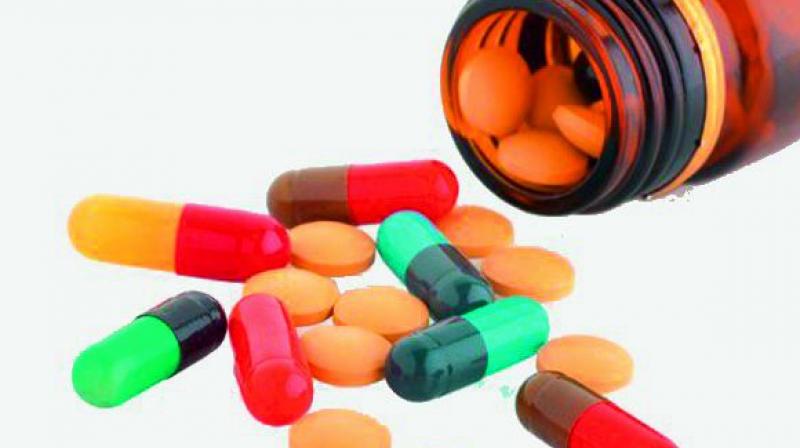Hyderabad: Doctors find new process better than old method

Hyderabad: Four-hundred medical reversal have been noted according to an assessment of 3,000 studies which found that the existing medications, surgical procedures, administration of vitamins and supplements are no more working and there are safer methods available.
Medical reversal occurs when a new clinical trial finds that the new form of treatment or cure is superior to the existing treatment in the form of end results.
Medical reversal are highest in the treatment of cardiovascular diseases rated at 20 per cent, preventive medicine at 12 per cent and critical care at 11 per cent.
Dr A. Sai Ravi Shanker, senior cardiologist and member of Cardiology Society of India explained, “Reversal is when it is found that there are new treatments which will do away with the errors of harm which are seen in the practice. The medical interventions of any type like stent procedures in cardiovascular diseases are always followed with studies to understand the magnitude of effect and errors. This is done to look at better methods to improve on the errors. With newer studies it is found that better controlled and better powered studies have helped to bring in stronger truth claims and the procedures are improving.”
Reversal is not a replacement explained experts stating that it is only an improvement of the existing procedures.
A reversal is also showing the rising open mindedness to new medical practices. With the advent of technology it is becoming easier to improve on the surgical procedures which is helping to deal trauma and critical cases in a better manner than it was before.
Dr Narsimalu K, senior professor of internal medicine explained, “The role of preventive medicine requires more studies as it is found that vitamins and supplements are not found to work in many patients. The reversal rate with these medicines is 13 per cent and more and more evidence has to be collected to convince people of its non-use.”
The reversal due to procedures was found to be 20 per cent and devices was 9 per cent. Experts stated that once ineffective practice is established it is important to convince practitioners and abandon its use . In this manner there is harm reduction and efficient treatment provided to the patients.

